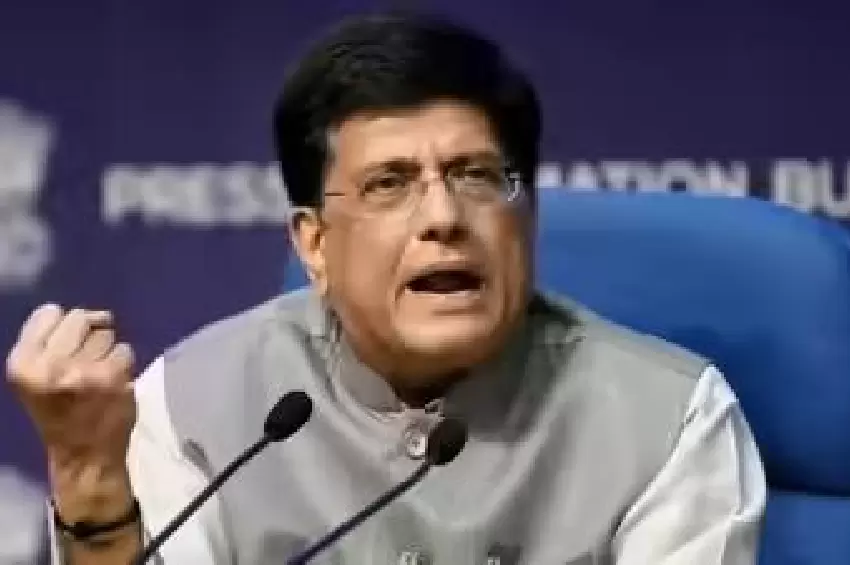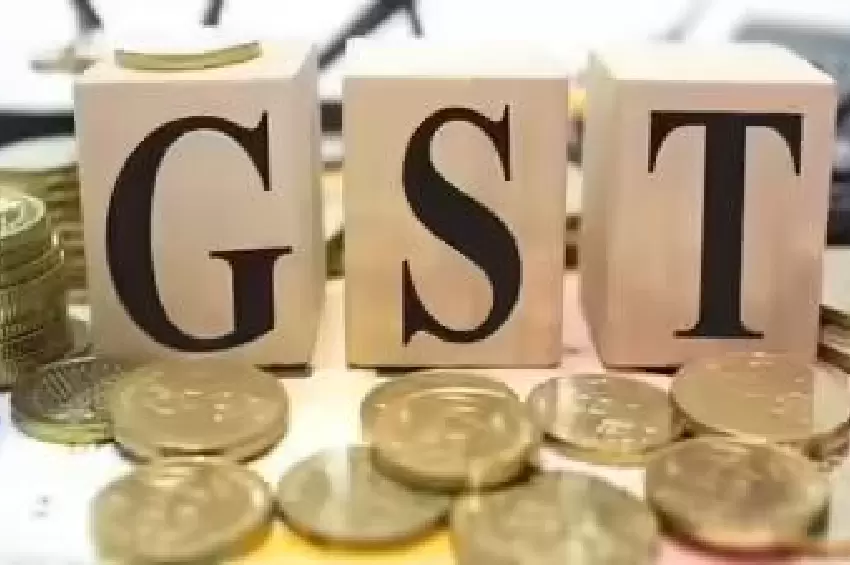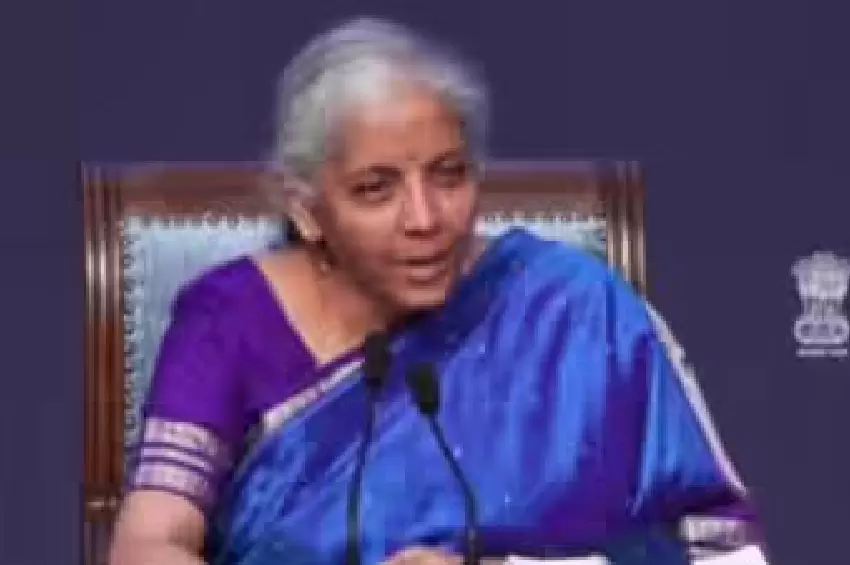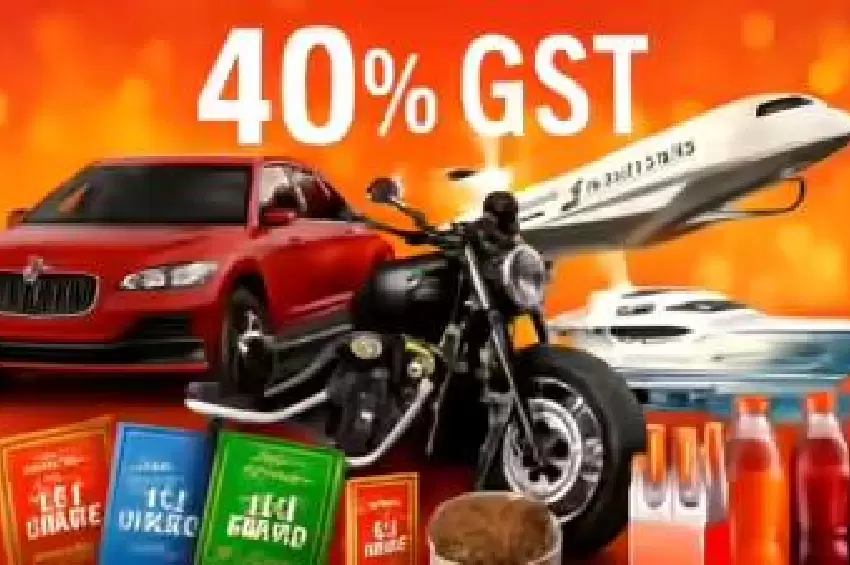GST Council Approves Simplified Tax Structure
The GST Council, chaired by Union finance minister Nirmala Sitharaman, has approved a significant restructuring of the indirect tax system on Wednesday, introducing a simplified two-rate framework of 5% and 18%, with a 40% category reserved for select luxury and sin goods.

Implementation Timeline
The revised rates will be implemented from September 22, coinciding with the start of Navratras and the traditional start of the festive shopping season, except for tobacco product taxation.
Key Changes and Benefits
This comprehensive reform eliminates the 12% and 28% slabs, aiming to streamline tax administration and resolve classification conflicts. All Indian breads will now be GST-free, and individual life health insurance policies will receive tax exemption. Additionally, various essential medicines will become tax-exempt.
Compensation Cess and Tobacco Products
The compensation cess will cease with the new rate implementation. However, current tobacco product rates will remain until outstanding loans and interests are settled.
Automobile Sector Impact
Automobile prices will reduce, with small cars attracting 18% tax instead of 29% (28% tax plus 1% cess), whilst larger vehicles, including SUVs, will incur 40% GST rather than 50% (28% tax plus 22% cess). The 5% rate for electric vehicles continues unchanged.
Consumer Goods and Essentials
Essential food items like paneer, ghee and namkeen will now attract 5% or zero tax, whilst daily consumer products including hair oil, shampoos and toothbrushes move to the 5% category. All white goods, from refrigerators to ACs, dishwashers and TV sets, along with cement, will now attract 18% instead of 28%.
Big Winners of GST Rate Cuts
Diabetic foods, jams, pasta, cheese - from 12% to 5%
Other sugars, including chemically pure lactose, maltose, glucose and fructose - 18% to 5%
Cocoa butter, fat and oil, Cocoa powder - 18% to 5%
Malt extract, food preparations of flour, groats, meal, starch or malt extract - 18% to 5%
Corn flakes, bulgar wheat, prepared foods - 18% to 5%
Pastry, cakes, biscuits & other bakers' wares - 18% to 5%
Extracts, essences and concentrates of coffee and tea - 18% to 5%
Soups, broths, Ice cream & other edible ice - 18% to 5%
Waters, including mineral & aerated waters - 18% to 5%
Plant-based milk drinks - 18% to 5%
Talcum powder, Face powder, Tooth brushes - 18% to 5%
Tableware, kitchenware, baby napkins and diapers - 12% to 5%
Various textile and industrial products - 18% to 5%
Agricultural machinery and medical instruments - reduced rates
Dish washing machines, Monitors, projectors - 28% to 18%
Automobile manufacturers like Maruti, Toyota, alongside consumer electronics companies such as LG Electronics and Sony stand to gain immediate advantages. Luxury vehicles see GST decreased to 40% from up to 50%, benefiting Mercedes-Benz, AUDI and BMW. Electric vehicles maintain 5% GST rate, helping Tata Motors and Mahindra & Mahindra.
Losers of GST Rate Rationalization
Clothing and accessories priced above Rs 2,500 face increased GST from 12% to 18%, affecting international retailers like Marks and Spencer, Levi Strauss, and Zara.
Coal taxation increased to 18% from 5%
Carbonated beverages produced by PepsiCo and Coca-Cola face an effective tax rate at 40%









Comments